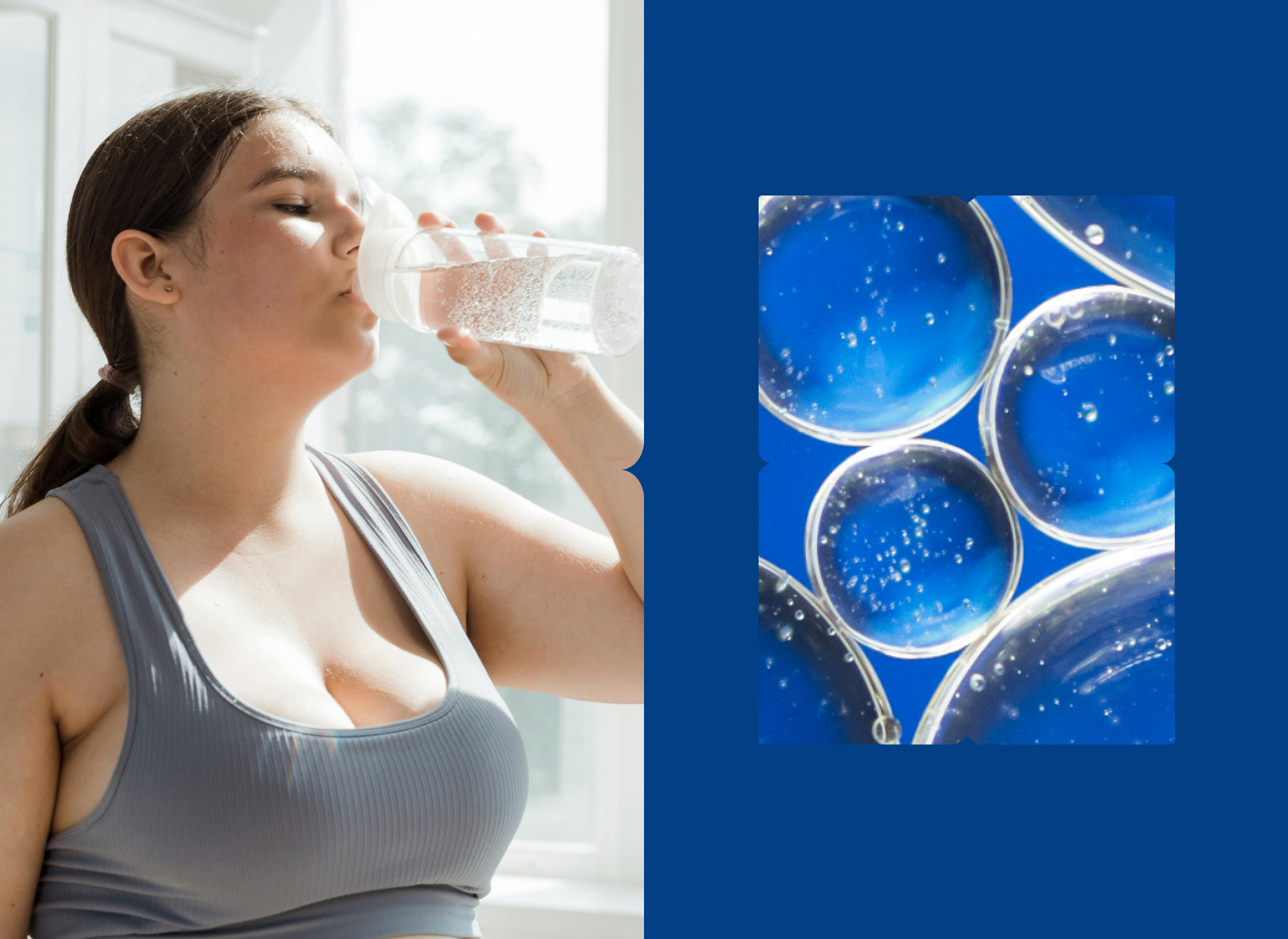How often should I measure my hydration levels?
Hydration levels in your body are not static; they can fluctuate throughout the day due to various factors. For instance, urine collected first thing in the morning is typically more concentrated, which often results in a higher urine specific gravity (USG) value. This increased concentration is due to the body's natural processes overnight, where urine is more concentrated as the body conserves water while you sleep.
Several factors can influence your hydration status, making it essential to consider them when interpreting urine test results. Fluid intake directly impacts hydration levels; drinking more fluids will generally dilute urine, lowering its specific gravity. Conversely, consuming less fluid can lead to more concentrated urine. Your diet also plays a role; high-sodium or high-protein diets can affect urine concentration. Environmental conditions, such as hot or humid climates, can increase fluid loss through sweating, affecting hydration. Additionally, hormonal fluctuations, particularly those governed by circadian rhythms, and activity levels throughout the day can significantly alter hydration status.
A spot urine test, which measures USG at a specific moment, provides a snapshot of your hydration level at that time. However, relying on a single measurement can be misleading because it may not represent your overall hydration status accurately. To gain a more comprehensive understanding, it's advisable to monitor USG at multiple points throughout the day. This approach helps account for the natural fluctuations in hydration levels and provides a more accurate picture of your overall hydration.
For a thorough clinical evaluation, it is recommended to analyze USG measurements from a 24-hour urine sample. This method offers a more detailed assessment of hydration over an entire day, accounting for variations in fluid intake, diet, and other influencing factors. By examining a full day's worth of urine, healthcare providers can obtain a more accurate and comprehensive view of your hydration status, leading to better-informed recommendations and interventions.









